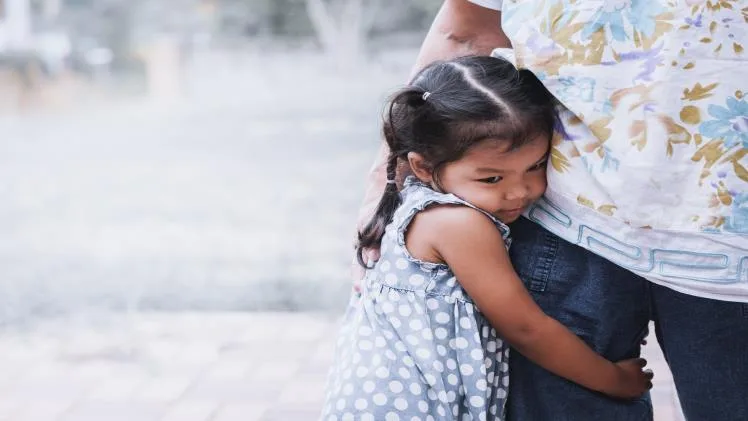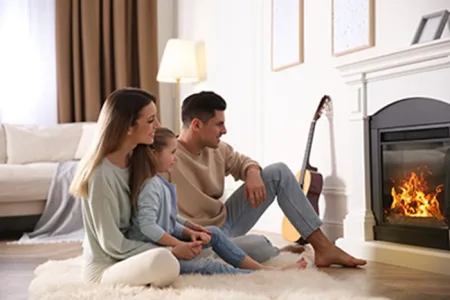Understanding ADHD symptoms in teens can help you adapt to your anxious child’s needs, but research isn’t enough. Taking active steps to curb anxiety and teach kids healthy coping skills is essential for youth to grow into successful adults. Of course, this becomes a little more difficult without the structure provided by school. For a relaxed and fun summer, follow these tips to help kids manage their anxiety.
Establish an Active Routine
Routine is crucial to helping kids with anxiety. Knowing what to expect throughout the day can alleviate stress and prevent kids from getting bored during the summer.
Young kids thrive under strict schedules, so don’t be afraid to establish specific times for the following:
- Breakfast
- Lunch
- Playtime
- Dinner
- Getting ready for bed
- Bedtime
Middle schoolers and teens may balk at such strict timelines, so create more flexible routines for them. Older kids are also better at keeping themselves busy, so give them more choices for their activities.
Embrace Relaxation
Many people have hectic schedules, but setting aside time for self-care is crucial. Self-care allows you to recharge so you can give 100% to your obligations.
Younger kids may not recognize when to pause and make space for themselves. When you notice your little ones getting burnt out, help them take a break and practice self-care:
- Take a bubble bath
- Get silly
- Color or draw
Model Healthy Coping Mechanism
Over the counter meds for ADHD child can alleviate symptoms, but it’s still important to teach children coping techniques. Anxiety can take them by surprise, and it’s essential that children learn to self-soothe so they can function independently.
As a parent, you can reinforce healthy coping mechanisms by modeling them. Reducing your own stress can also decrease the anxiety your children feel, as kids pick up on emotions better than most people think. Positive self-talk and mindfulness are two excellent coping strategies that are easy to teach young children.
Positive Self-Talk
Many people with anxiety struggle with catastrophizing. This type of self-talk takes situations to their negative extremes and can result in spiraling emotions. Positive self-talk stops the spiral and helps kids see their situations more clearly.
The best way to teach youngsters this strategy is to discuss it with them. Ask about their negative thoughts and help them acknowledge those feelings. Then, address each issue and ask, “What’s the worst thing that can happen?” When they think about this realistically, the answers aren’t usually that bad.
Once you recognize the worst-case scenario, help your kids come up with a plan. Emphasize their strengths and that you’re always there to support them.
Practice Mindfulness
Mindfulness helps people be present in the moment rather than focusing on problems that may or may not happen in the future. Even very young children can practice mindfulness with these simple strategies:
- Deep breathing
- Naming things they detect with their five senses
- Journaling (writing or drawing) their feelings
While childhood worries are common, anxiety can be debilitating for some kids. Fortunately, parents have recourses to help themselves and their kids manage symptoms. By reading up on Brillia medication side effects and finding coping strategies that work, you can support your children through tough times and watch them flourish.



